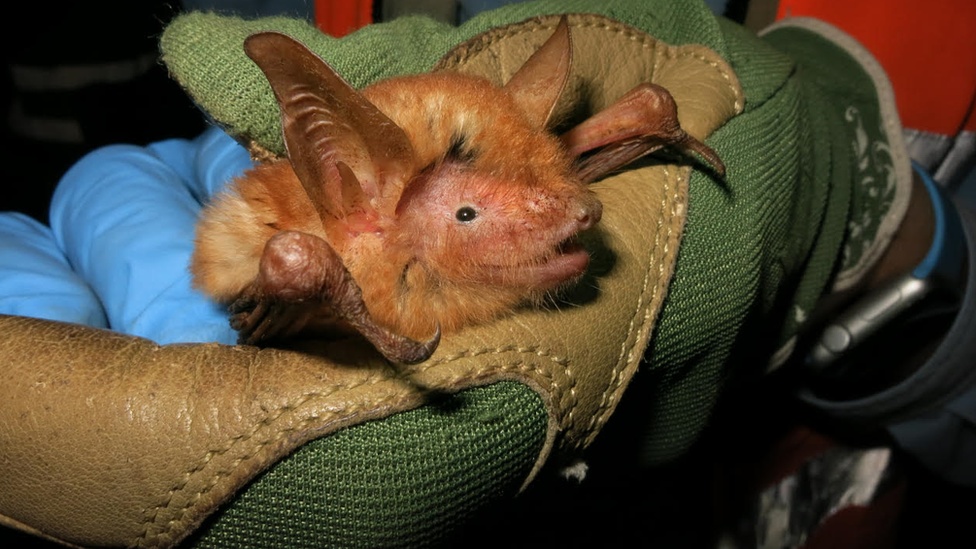Bats: Some bats buzz like hornets to avoid predatory owls
- Published
- comments
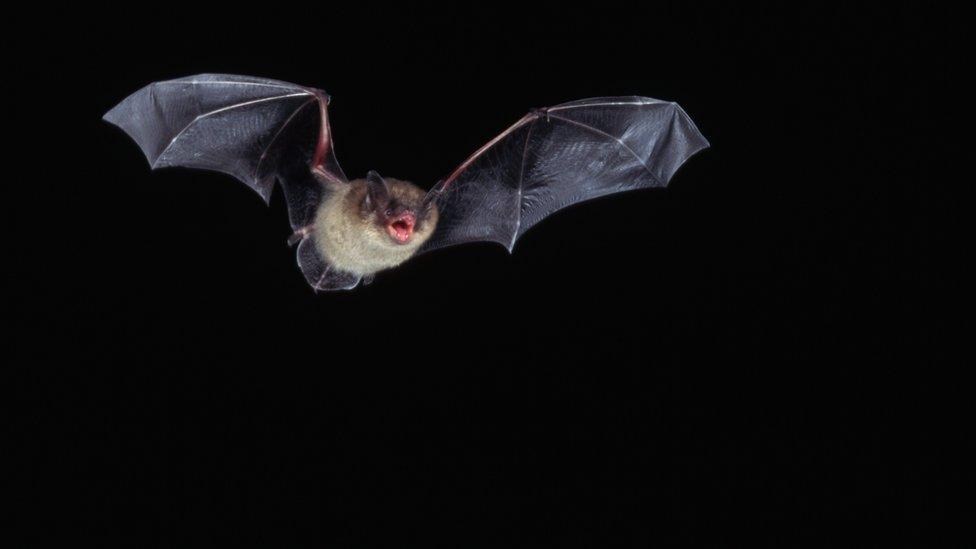
Some bats will copy the sound of stinging hornets to scare off predatory owls, a new study has found.
This is called Batesian mimicry, which is when a harmless species will copy a more dangerous one to protect itself from possibly predators.
Researchers say it's the first case in mammals of Batesian mimicry.
When the greater mouse-earned bat has been captured by the owl, it will mimic the buzz of hornets to trick the bird into thinking it's the stinging insect, so it has enough time to get away.
The study
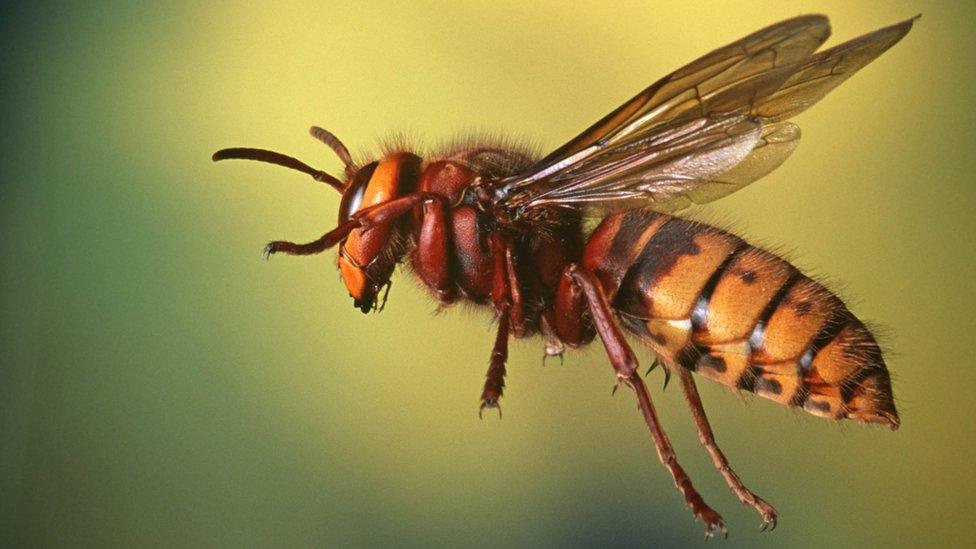
Bats will make buzzing sounds like hornets to avoid predatory owls
Whilst doing field research where scientists regularly caught bats, Dr Danilo Russo of the University of Naples Federico II said: "When we handled the bats to take them out of the net or process them, they invariably buzzed like wasps."
Over a few years the team recorded the bat sounds and played them to the owls, to see how they reacted.
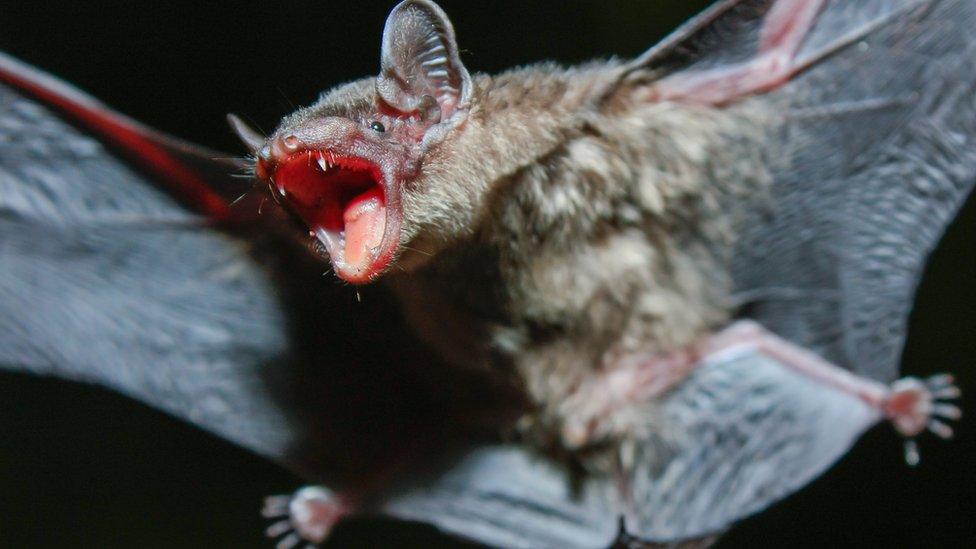
They found they all responded into different ways, but they always moved further away from the speaker when they heard insect and bat buzzing and they moved closer when they heard the sound of possible prey.
However there is other evidence that birds will avoid harmful or possibly dangerous insects, for example when hornets move into nest boxes or trees - birds will usually not explore them and will not nest there.
Bats are the only true flying mammals in the world
Bats are more closely related to humans than they are to mice
Bats usually only have one baby and can live for up to 30 years
Bat Conservation Trust
- Published11 October 2020
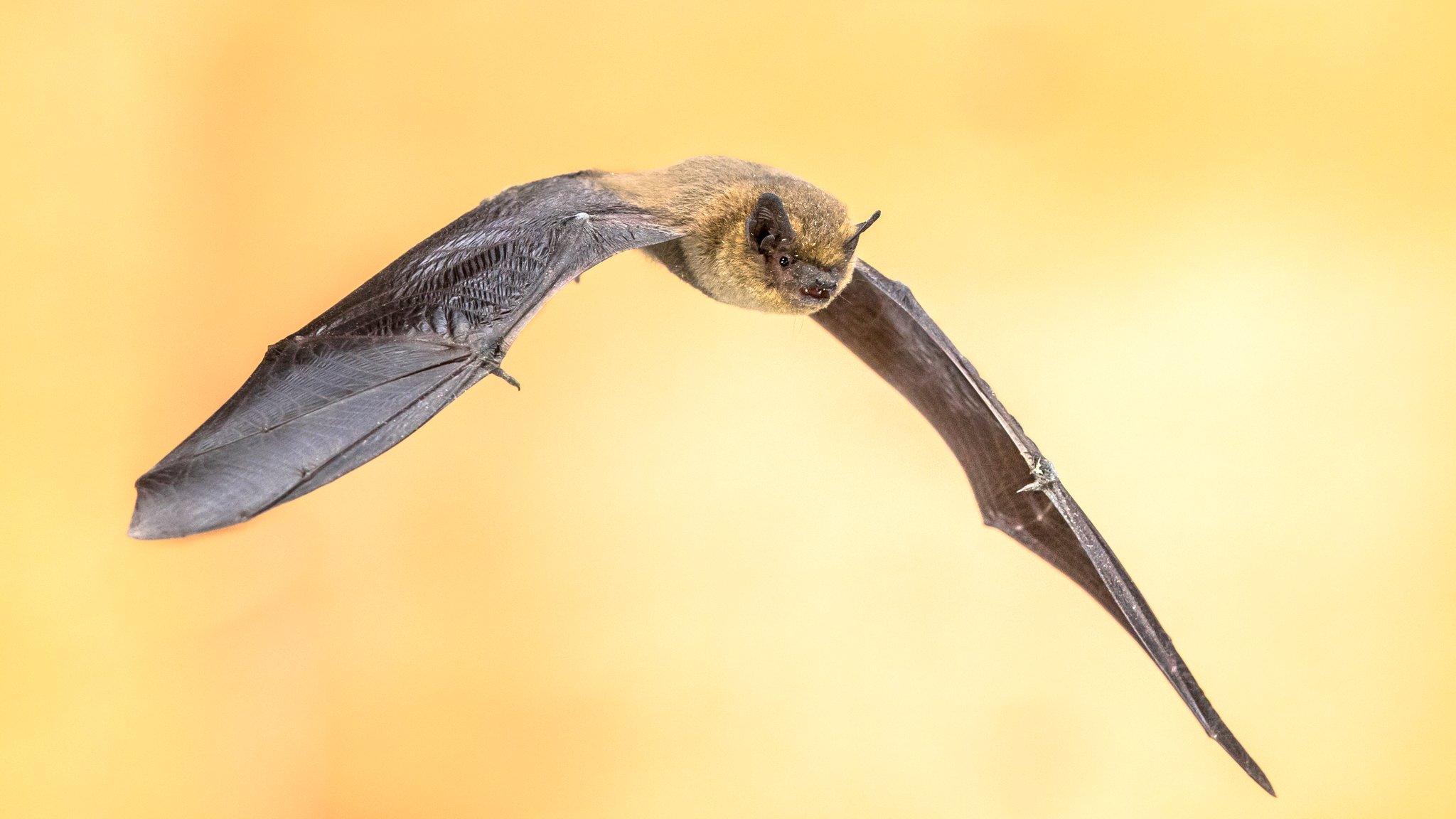
- Published24 September 2021
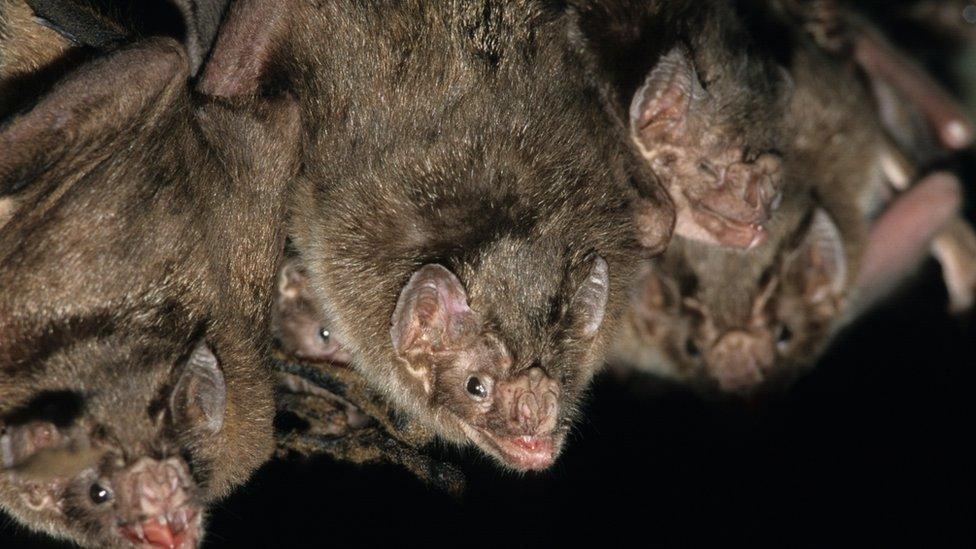
- Published25 January 2021
